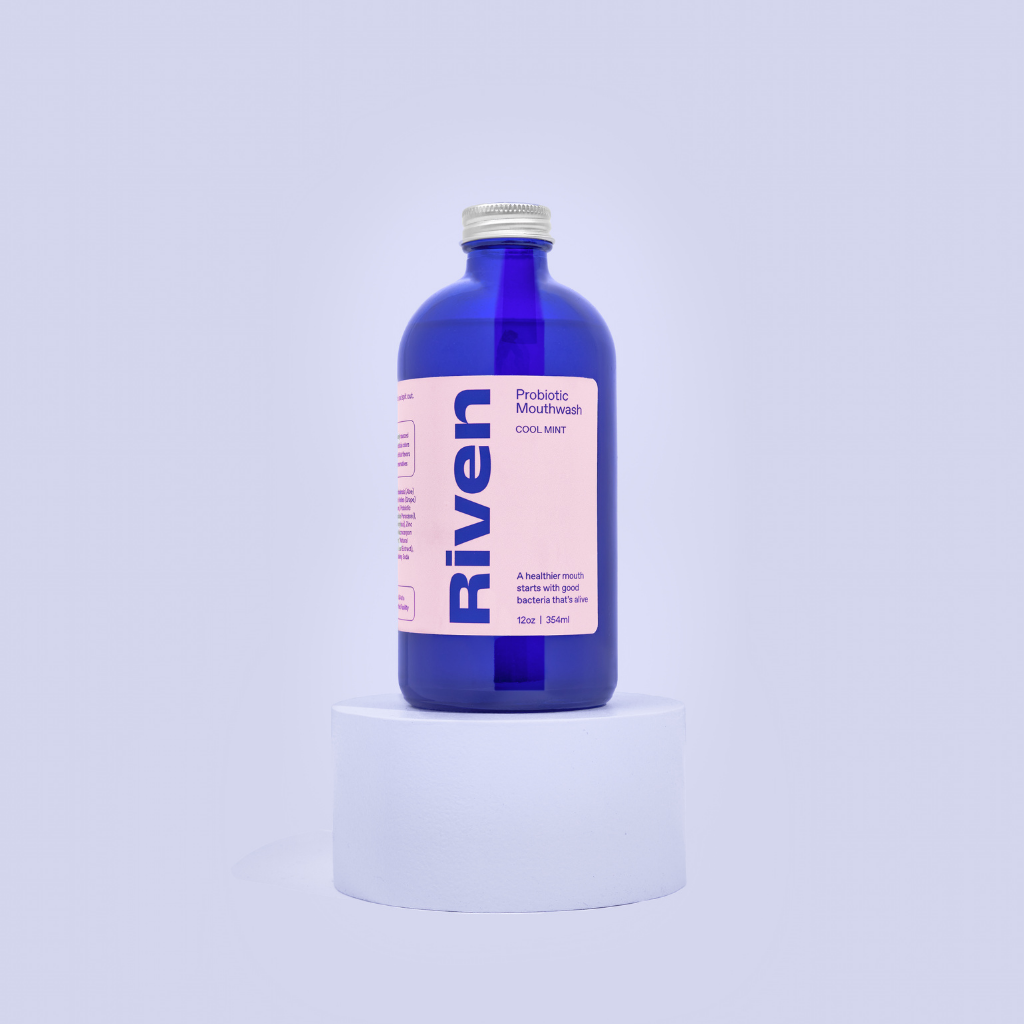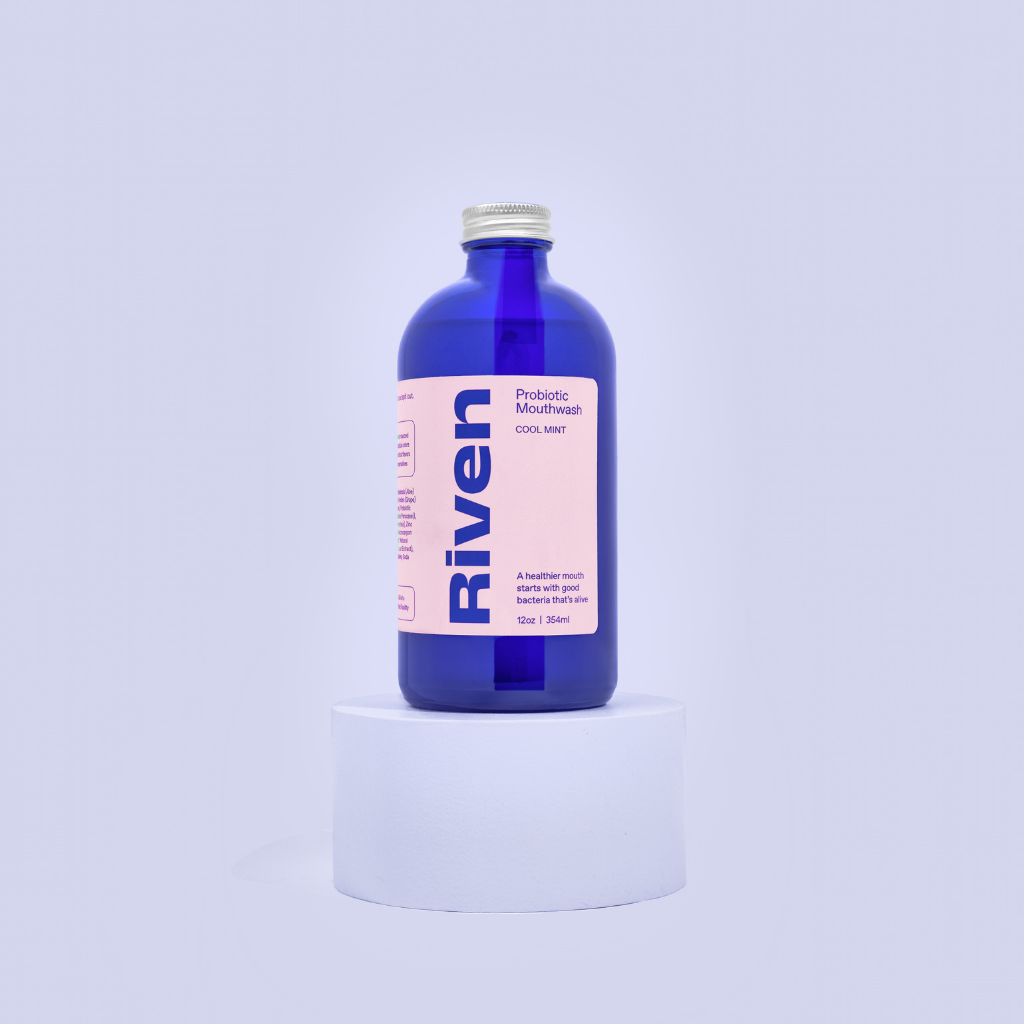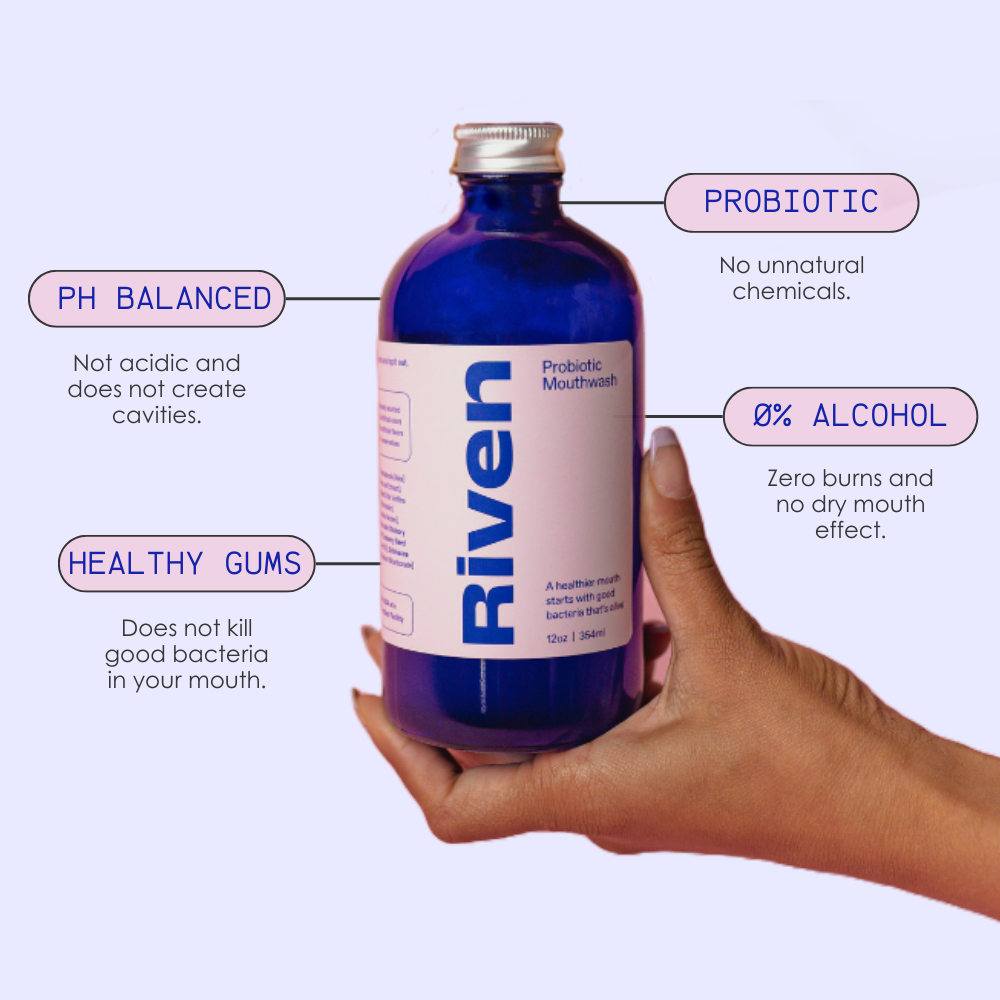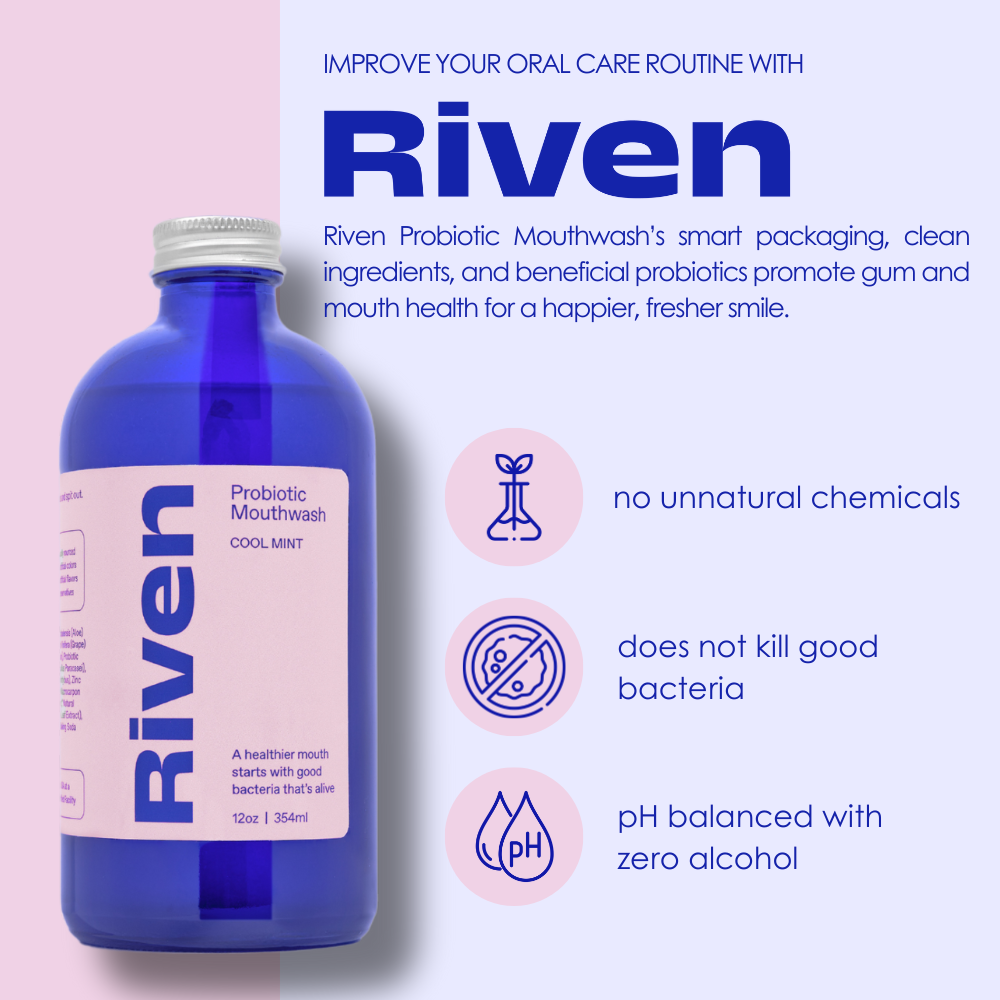Our mouths are remarkable gateways that connect us not only to the flavors of the world but also to the intricate web of our overall health. Beyond the familiar functions of chewing and speaking, our oral cavity serves as an essential junction where the paths of wellness converge. This connection might seem surprising to some, but as we delve deeper, we uncover the profound interplay between oral health and our body's broader systems. From the very core of our oral health journey, we learn that imbalances here reverberate far beyond our smiles, echoing through various aspects of our physical well-being. Understanding this intricate harmony within our bodies underscores the holistic nature of our health—a symphony in which each note plays a vital role.

Exploring the Correlation: Oral Health and Brain Health
Recent research has uncovered a correlation between oral health and brain health. A recent study published in Neurology, titled "Association of Dental Health with Hippocampal Atrophy," deepens our comprehension of this link. This study emphasizes the significant role oral health plays in our overall wellness, particularly concerning brain aging.
Periodontal Disease's Ripple Effects
Periodontal disease, characterized by inflammatory havoc on the tissues supporting our teeth, is a pivotal factor in understanding the relationship between oral health and brain health. This condition specifically targets crucial components such as the attached gingiva, periodontal ligament, and alveolar bone, ultimately leading to tooth loss. The primary culprits behind this ailment are anaerobic bacteria, notably P. gingivalis, that reside deep under gum tissue.
Oral Bacteria's Intriguing Impact on Brain Cells
Once these pathogenic oral bacteria reach the brain, they interact with microglial cells responsible for regulating brain plaques. Interestingly, exposure to these bacteria alters the function of microglial cells, impairing their ability to break down plaques associated with Alzheimer's disease.
Unraveling the Complexities of Tooth Loss and Gum Disease
The study also suggests a potential connection between tooth loss, gum disease, and reduced hippocampal volume—a marker of brain aging. Stress exacerbates both periodontal disease progression and hippocampal volume loss, impacting treatment response. Cortisol release due to stress elevates protein production by mast cells, driving inflammation—an exacerbating factor in periodontal infection.
Inseparable Factors in Brain Aging
Tooth loss and gum disease are intertwined factors in brain aging, warranting consideration as a unified concern. Premature tooth extraction, often due to periodontal infection, leads to reduced tooth count. Furthermore, periodontal disease carries a higher risk of tooth loss compared to trauma and decay.
In fact, the Center for Disease Control (CDC) reports that 47.2% of adults over 30 and 70.1% of those aged 65 and older experience some form of periodontal disease. As age advances, the prevalence of both brain aging and periodontal disease increases.
Taking a Comprehensive Approach
Research highlights a strong correlation between cognitive decline and factors like tooth loss, increased periodontal pathogens, compromised blood-brain barrier, and reduced masticatory strength. Therefore, addressing brain aging and providing dental treatments, such as scaling and root planing, should consider both tooth loss and gum disease collectively.
In Conclusion: A Unified Outlook
In summary, nurturing oral health is more than a cosmetic endeavor—it profoundly impacts brain health. Prioritizing oral hygiene safeguards cognitive well-being. By recognizing the intricate interplay between oral health and brain health, we uncover the keys to a harmonious life in which our bodies' interconnected systems thrive.
As we embrace the wisdom of this connection, we're empowered to make informed choices that benefit not only our radiant smiles but also our cognitive vitality. It's a reminder that wellness transcends individual parts and encompasses the entirety of our being.
So, as you brush, floss, and maintain your oral health routine, remember that you're not just caring for your teeth and gums—you're nurturing the foundation of your brain's well-being. And as we stand at the intersection of oral and brain health, let us embark on a journey of holistic wellness, where every action we take echoes through the intricate pathways of our body, fostering vitality, balance, and the joy of a life well-lived.





